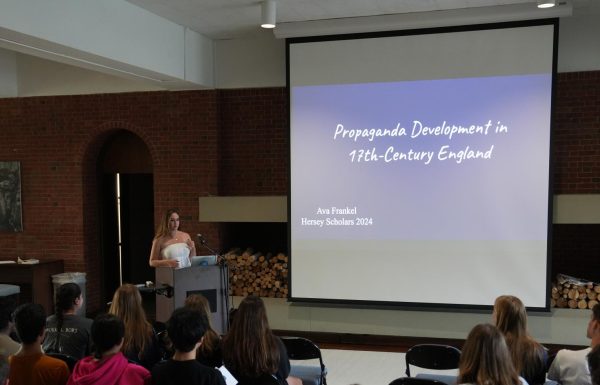Skywalker Saga Ends on a High Note
Star Wars: The Rise of Skywalker, directed by J. J. Abrams
One of 2019’s biggest box office hits deserves to win one of the most prestigious awards at the Academy Awards. There, I said it.
Star Wars: The Rise of Skywalker, produced by Lucasfilm and directed by J.J. Abrams, was released in December 2019 as the final film in the Skywalker saga. The film follows Resistance fighters Rey, Finn, and Poe as they lead one final charge against Emperor Palpatine, who seeks to return to power.
The Star Wars franchise has won seven Oscars, but none since 1984. Yet, despite mixed reviews and disappointed audiences, the final film of the franchise deserves to win an Oscar for John Williams’ original score. The world-renowned composer has five wins and an astounding 52 nominations at the Oscars, including a win for Best Original Score for 1978’s Star Wars: A New Hope. At 87 years old, this could be one of his last chances to add to his collection.
The way Williams masterfully crafts a score that both mirrors and enhances the emotions of the audience is second-to-none. In The Rise of Skywalker, as in the previous Star Wars films, Williams created specific themes for each of the main characters. He does a fantastic job exploring Rey’s complex character by creating both fairly light-hearted and intensely dark versions of “Rey’s Theme.” The ominous, foreboding tones of the timeless “Imperial March” tingle the nerves, while the deep choral opening of “Anthem of Evil” evokes a sense of dark, discordant unease, adding tremendously to the tension of the film.
The dramatic violin of “Reunion” captures the bittersweet end of the Skywalker saga. John Williams’ music has brought Star Wars into the hearts of many. It is only just that Williams receive his sixth Oscar for his work on The Rise of Skywalker.













